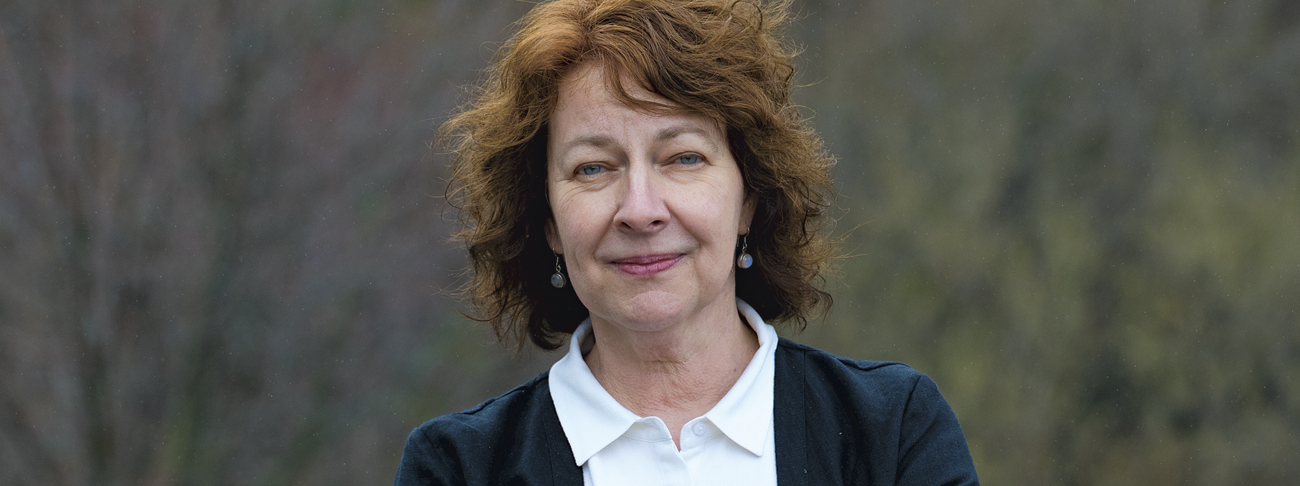
By Brenda Austin-Smith
This year, during CAUT’s Fair Employment Week, we were joined online by Dr. Liz Morrish, an activist and independent scholar who writes about the managerial appropriation of the university. Dr. Morrish’s talk “A Plague on the University” focused on the marketization of post-secondary education in the UK, but the combination of statistics and stories she shared was sadly applicable to the Canadian scene. We too know the damage done to our institutions by the transformation of education into a commodity and the diminution of our research and teaching into a form of client services.
Among the topics Dr. Morrish talked about was EdTech. Since the pandemic was declared last spring, our inboxes have been flooded with pitches for educational services offered by private providers. In times of crisis, EdTech presents itself as a saviour, a time and prep saver, and a convenience. As historians of education point out, the promises of EdTech are perennial, as are the crises it is supposed to ameliorate. But EdTech has never solved a problem without creating at least one more. Audrey Watters writes on her blog “Hack Education” about the waves of technology that have tried to replace teachers and schools from the 1920s to the present, including during previous pandemics. The Little Red School House of the Air used radio broadcasts to deliver lessons to Chicago students during the polio pandemic in 1937 that closed schools. The results were complaints from parents that the broadcasts moved too fast, that working parents did not have support for home-schooling, and that many households did not even own a radio. The experiment ended without having yielded results the schools found satisfactory. Television followed radio of course, with programs like “University of the Air” running in Canada from 1966 to 1983.
The larger point made by both Watters and Morrish is that the crises we now face in post-secondary education are not just caused by natural disasters and diseases. They are more often the result of decisions like budget cuts, out-sourcing and “anti-tax fervor” (Watters). These are the threats to a healthy public PSE system that serves the public good rather than the interests of profit-seeking EdTech companies. And the same inequities — those of access to broadband and computers, to technological support, and to childcare for working parents—mark our present moment of pandemic pedagogy.
Many of us already know the critiques levelled against algorithms that can embed discriminatory elements into the operations of such programs. We are wary of software used to invigilate remote exams and maybe weren’t surprised to learn that one of these, Proctortrack, was recently hacked at the University of Regina. We are now under pressure to package our expertise into units that suit the demands of EdTech, and risk becoming mere content providers for these companies. Even more serious concerns have arisen about the controlling potential of the EdTech platforms we are now forced to use by our employers. Last summer Zoom admitted censoring calls at the request of the Chinese government. Then this autumn the company not only refused to host an event on Palestinian rights scheduled by San Francisco State but also shut down a discussion of that act of censorship by a chapter of the American Association of University Professors. No private company should dictate the terms of academic discussion, exploration, and debate.
What Dr. Morrish called the Post-Pandemic University is under construction right now, and she wondered how recognizable it will be to us. But she also spoke inspiringly of a “brighter vision” for post-secondary education, one animated by the collective desire of educators to open more possibilities for teaching and learning, not confine them. That vision is one of students as co-creators of knowledge rather than consumers of scholarly “products.” It’s one that preserves and nourishes the vibrant, ever-changing, and deeply human connection between educators and their students, something that can never be reduced to an algorithm and can never be boxed, priced, and sold.